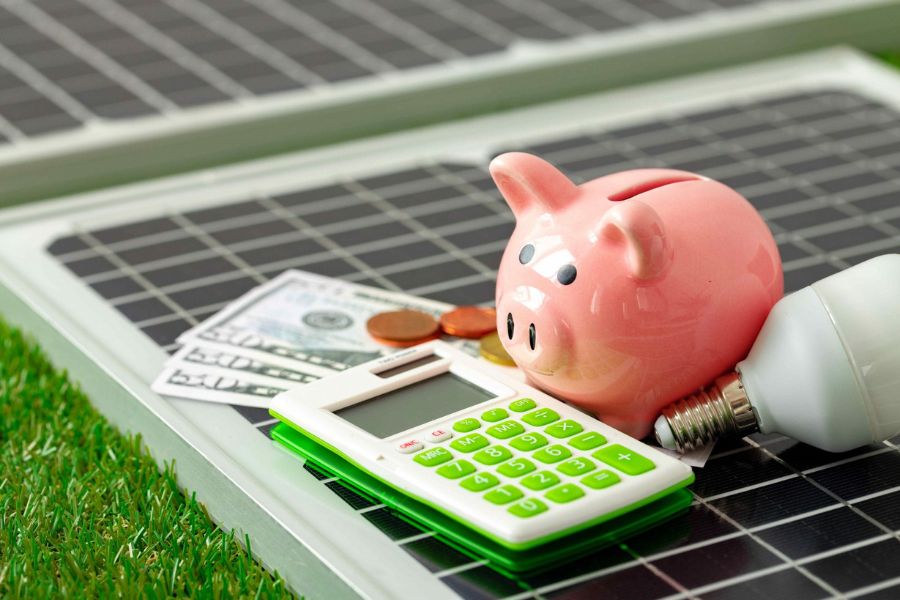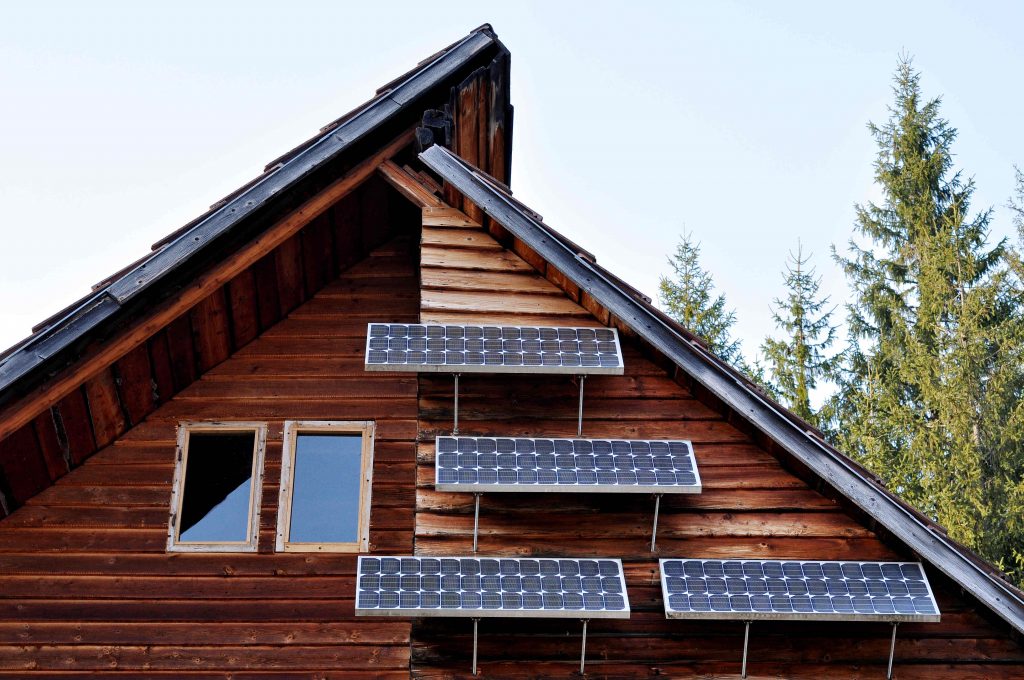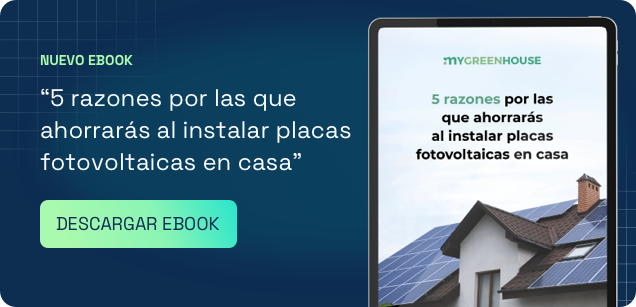The financial savings obtained with photovoltaic panels are indisputable, both at an industrial and domestic level.
In fact, one of the most notable benefits of self-consumption is the quick return on investment, which leads to a rapid amortisation.
But is there any way to further reduce our electric bill with this type of installation?
The answer is yes, some components can make our self-consumption installation more profitable and help us to get more out of it.
The most significant ones are power optimisers and solar batteries.
Why do power optimisers help us save on our electric bills?
Power optimisers are small devices designed to minimise the impact of shade, dirt, or manufacturing defects on solar panels.
When solar panels are strung in series and any of the above situations occur, then the generating capacity of the panels is reduced to that of the worst panel in the string (or row).
Unlike inverters, which work on the system as a whole, optimisers work individually on each module, independently of the rest of the modules in their row.
Power optimisers for solar panels significantly improve the efficiency of the self-consumption installation in cases of energy losses, poor orientation, or tilt problems.
Why do batteries help us save on our electric bill?
Solar batteries allow you to store the surplus unused energy produced by the self-consumption installation, and use it at another time, either at night, at times of peak consumption, or during blackouts.
Installing batteries for your solar panels means you can cover all your energy demands without having to rely on the general electricity grid. This is a key factor in making the most of your solar production and, of course, in making great savings on your electric bill.
This is why a solar panel battery is an excellent way to store solar energy, as it is something of a “back-up power source”.
When looking to purchase batteries for your solar panels you should keep the following in mind:
- The size of the battery
- The capacity of the battery
- The type of solar panel
Other tips to save on your electric bill with solar panels
Using LED lights
Replacing your incandescent bulbs, and halogen or fluorescent lamps with LED lights is a simple and economical way to make savings on your electric bill and have a more efficient home.
Experts estimate that, thanks to LED technology, lighting consumption can be reduced by up to 80%.
In addition to this, these types of lights have a very long lifespan – about 45,000 hours – which is well above the 1,000-3,000 hours that conventional bulbs provide.
Installing consumption programmers
Adapting your electricity consumption in line with the generation of your photovoltaic installation is a fundamental step for families who opt for self-consumption.
Programmers, or controllers, allow you to program some household appliances and equipment so that they only work during sunlight hours, which is when the solar panels produce the most energy.
The items that can most easily be controlled with these devices include some types of radiators, electric car chargers, and air-water heat pumps (such as the aerothermal type).
Looking for a tariff with hourly pricing
Homes and businesses with solar panels generally cover most of their energy consumption during the day autonomously, and the need to connect to the electricity grid is minimal.
For this reason, and in order to reduce electricity bills as much as possible, we recommend that you choose the cheapest tariffs for the remaining hours of the day.
It is advisable to look for a tariff with hourly pricing, where the most expensive periods coincide with the hours the solar panels produce most electricity.
All these tips will help you get the most out of your photovoltaic installation. If you have any questions about these and other aspects, please let our experts advise you. At My Green House we have a very professional and multidisciplinary team and we will be able to resolve all your queries. Don’t hesitate to get in touch with us.




